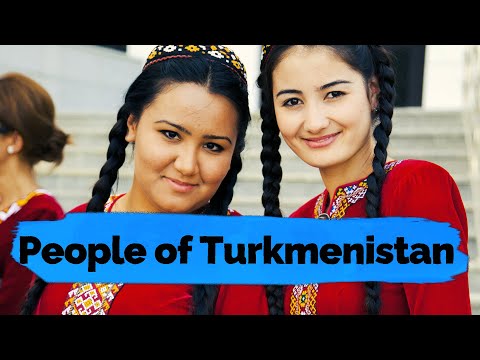
Nestled in the heart of Central Asia, Uzbekistan is a country rich in history and cultural diversity. Known for its pivotal role on the Silk Road, this nation has been a melting pot of civilizations, languages, and traditions for centuries. Today, Uzbekistan is not only a historical treasure but also a vibrant society where ancient customs blend seamlessly with modern influences.
### Historical Overview
Uzbekistan’s strategic location attracted various nomadic tribes and conquerors throughout history, including Alexander the Great, the Persian Empire, and later Genghis Khan. However, it was under the influence of the Timurid dynasty in the 14th and 15th centuries that Uzbek culture began to flourish. Magnificent cities like Samarkand and Bukhara turned into cultural and intellectual hubs. The legacy from these times remains influential in today’s Uzbek society.
### Ethnic Composition
The majority of Uzbekistan’s population consists of ethnic Uzbeks. However, there are significant minorities including Russians, Tajiks, Kazakhs, Tatars, and Karakalpaks. This ethnic mosaic has shaped a unique cultural landscape in the country. Each group contributes its own traditions and customs to the national identity of Uzbekistan.
### Language
Uzbek is the official language and is spoken by most citizens as either their primary or secondary language. Russian also remains prevalently used in business and communication especially in major cities like Tashkent. Additionally, Tajik is common in cities like Bukhara and Samarkand due to their proximity to Tajikistan.
### Religion
Islam is the predominant religion with most Uzbeks practicing Sunni Islam; however Sufism also has a significant following due to its historical roots in the region. The country ensures religious freedom though it maintains secularism in government affairs.
### Festivals and Traditions
Uzbek culture is renowned for its rich festive practices which often reflect a blend of Islamic traditions with local folklore. Two major festivals – Navruz (Persian New Year) celebrated on March 21st, and Independence Day on September 1st – feature prominently.
Navruz symbolizes rebirth and renewal; families prepare sumptuous meals like Sumalak (a wheat-based dish), wear new clothes, dance, sing songs and partake in traditional games.
Cultural respect for elders is profound within Uzbek society; it’s common during festivals or family gatherings that younger members serve older ones as an expression of honor.
### Traditional Cuisine
Uzbek cuisine is hearty with an emphasis on noodles, breads (like Samarkand bread), rice dishes such as Pilaf which holds a place as perhaps the most cherished meal among Uzbeks – traditionally cooked over an open fire blending rice with meat (usually lamb), carrots onions garlic seasoned with various spices.
Additionally regional fruits particularly melons cherries figs pomegranates add freshness flavor local diets.
### Art & Craftsmanship
Artisanship holds special place within Uzbek culture from intricate blue tiles that adorn mosques madrasas intricate embroidery known Suzani which employs silk thread depict nature themed designs carpets pottery musical instruments all display meticulous craftsmanship passed down generations artisans who are revered figures communities they belong enlivening heritage through their creations preserving it future ones explore enjoy appreciate.
### Music & Dance
Music dance forms integral part everyday life folk music performances often accompanied by dancers dressed colorful costumes performing fluid movements synchronized musical rhythms played using traditional instruments like Dutar Rubab Tanbur.
Modern influences have melded into these art forms too making them more eclectic accessible wide range audiences not just within but beyond borders Uzbekistan inspiring curiosity deep appreciation worldwide who come witness firsthand beauty embedded these time-honored traditions.
### Conclusion
The people culture Uzbekistan dazzling display resilience adaptability continuity amidst changes brought about globalization technology still deeply rooted ancestry enriches every aspect societal life whether through language religion festivities artistry each element contributes towards maintaining vibrant dynamic vibrant society stands testament enduring spirit inhabitants this enchanting land Central Asia.
